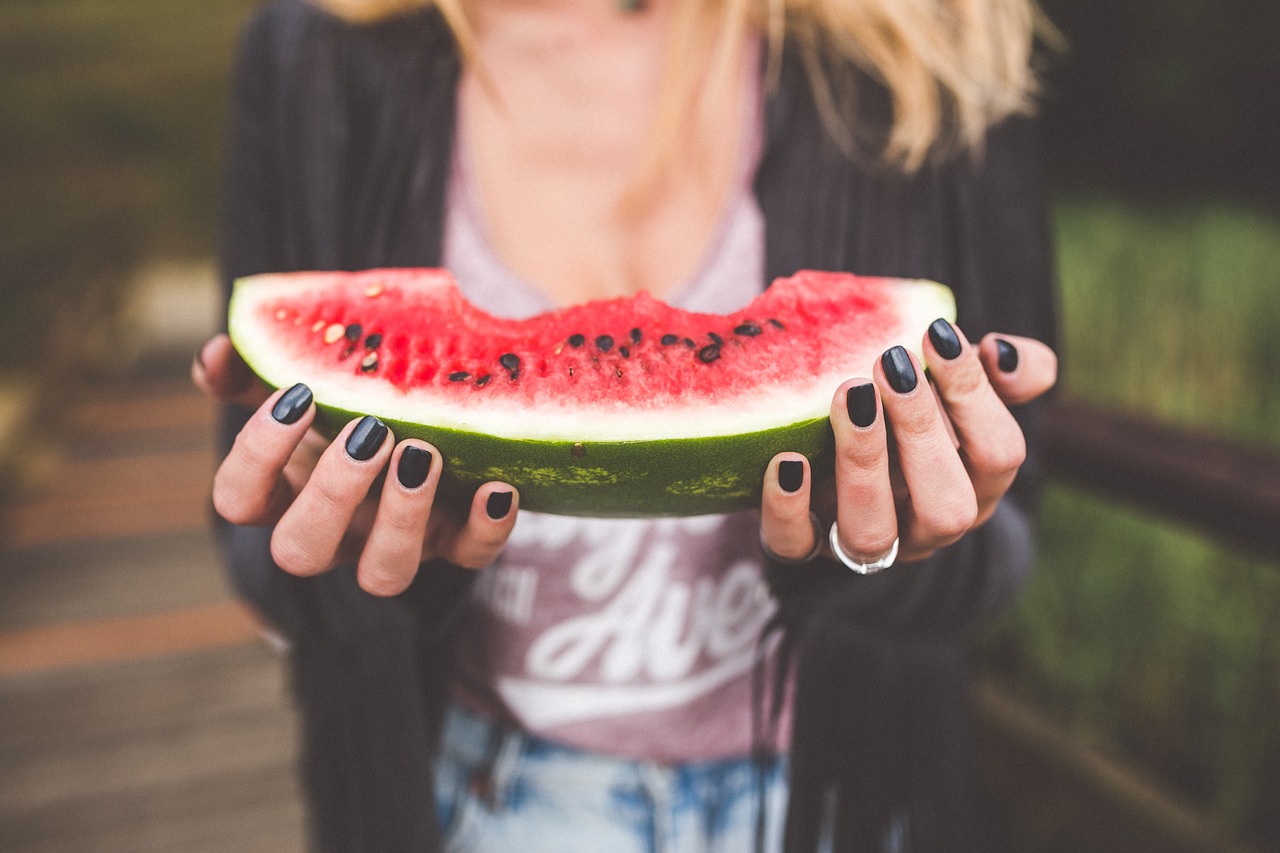The Role of Food in National and International Holidays
Traditional dishes play a crucial role in preserving cultural heritage and passing down generations of culinary knowledge. These dishes often have deep roots in the history and traditions of a particular region or community, showcasing the unique flavours and ingredients that define a culture.
The preparation and sharing of traditional dishes also serve as a way to bond with family and friends, creating opportunities for meaningful connections and shared experiences. Through these dishes, individuals can feel a sense of nostalgia and belonging, reinforcing a sense of identity and cultural pride.
Exploring Festive Food Traditions
Festive food traditions play a vital role in bringing people together and fostering a sense of cultural identity. These cherished culinary customs often involve special recipes passed down through generations, each dish carrying with it a unique history and significance. From elaborate feasts to simple yet symbolic meals, the food prepared during festivities serves as a tangible link to the past and a means of celebrating the present.
The act of preparing and sharing traditional festive dishes is not just about nourishment; it is a way of honoring one’s heritage and connecting with loved ones. Whether it’s the making of intricate desserts or the simmering of fragrant stews, the process of cooking these time-honored recipes is steeped in tradition and ritual. Through these culinary creations, individuals are able to express their cultural pride and show reverence for the customs that have shaped their identities.
What is the significance of traditional dishes in festive food traditions?
Traditional dishes play an important role in festive food traditions as they often have cultural or historical significance. These dishes have been passed down from generation to generation and are a way to connect with our heritage and celebrate our roots during special occasions.
How do festive food traditions vary across different cultures and regions?
Festive food traditions vary greatly across different cultures and regions. Each culture has its own unique set of traditional dishes and cooking methods that are passed down through families. These traditions reflect the history, beliefs, and values of the people practicing them.
Why is it important to explore festive food traditions?
Exploring festive food traditions allows us to learn about different cultures and their culinary practices. It fosters a sense of appreciation and respect for diversity, and provides an opportunity to connect with others through shared experiences and traditions.
How can one incorporate festive food traditions into their own celebrations?
One can incorporate festive food traditions into their own celebrations by researching traditional dishes, recipes, and cooking techniques. By including these dishes in their holiday meals, individuals can honor their heritage, create meaningful connections with their loved ones, and pass down these cherished traditions to future generations.





